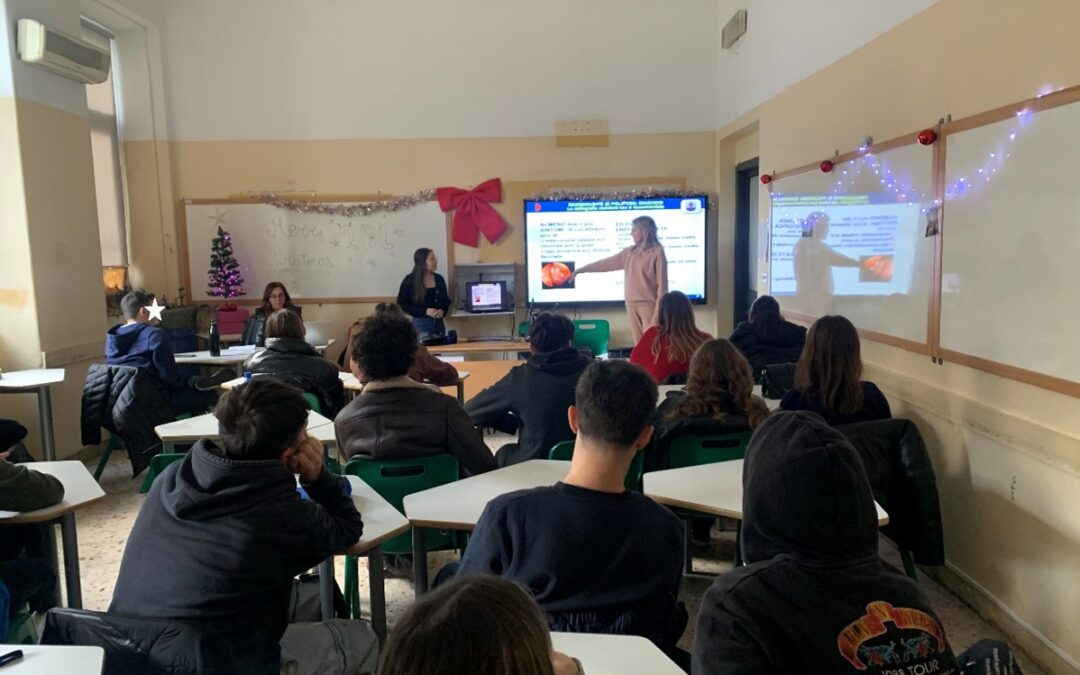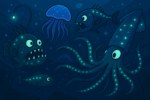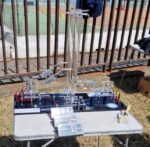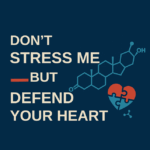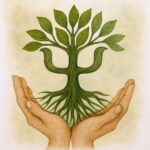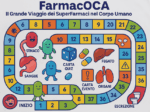During the student’s week organized by the Liceo Archimede (Messina) students, Sara Manti and Paolo Ruggeri spoke about “Asthma and Adolescent”, giving information about diagnosis and prevention measures of this disease.
Number of participants: 20
Fabio Ruggiano presented the workshop: “From murals to signs to billboards: the linguistic landscape of Messina”, illustrating to students the languages used, and how murals and graffiti show typical phenomena of speech, regionalisms and popular traits, just like ancient graffiti of all times.
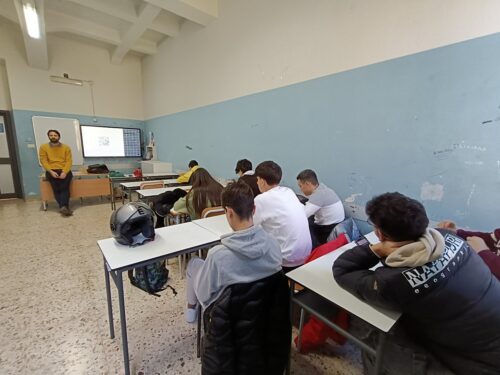
Number of participants: 15
Alessandra Bitto spoke about “Use and abuse of supplements: from therapeutic effects to doping”, showing how some supplements contain banned stimulants such as ephedrine or synephrine, prohormones and steroids, or even may contain testosterone precursors or other substances similar to anabolic steroids. In all these cases it leads to doping, therefore they can improve physical performance in an unethical way and in addition to the violation of sporting rules there can be risks to the health of individuals. associated with excessive or improper use.
Number of participants: 18
Francesca Arfuso discussed “Blood in different animal species: composition and functions” with students, illustrating blood composition and how the study of the cellular and plasma components of blood is commonly used in human, veterinary practice, and scientific research to evaluate an animal’s health and well-being.
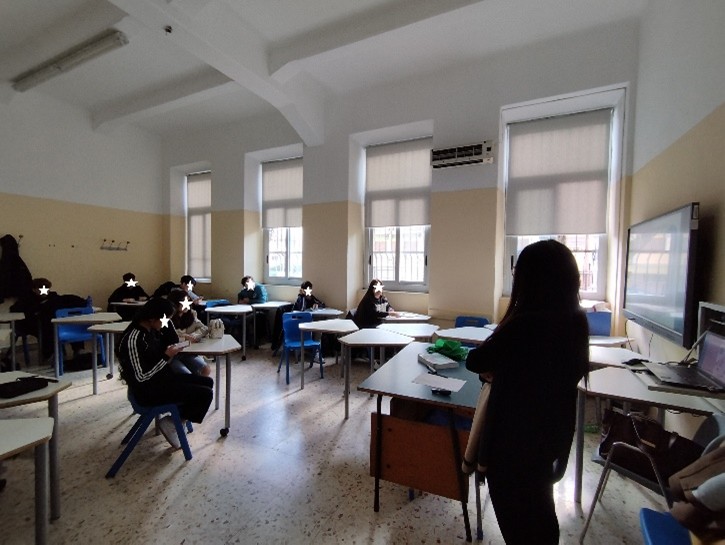
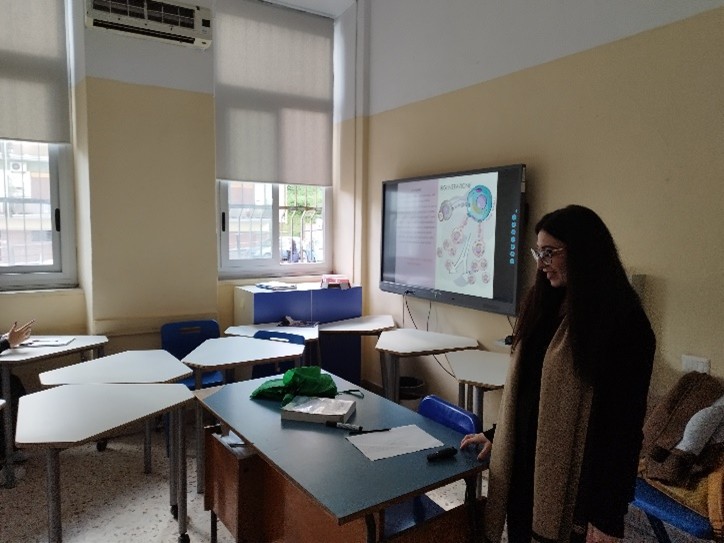
Number of participants: 13
Ambra Di Rosa and Francesca Accetta spoke about “Insects and Microalgae: Promising Novel Feeds for Sustainable Egg Production” and explained to students that microalgae are important protein and lipid sources, producers of biomolecules with very high nutritional value, and then can be successfully used as food for laying hens, so improving animal welfare and egg production more sustainable.
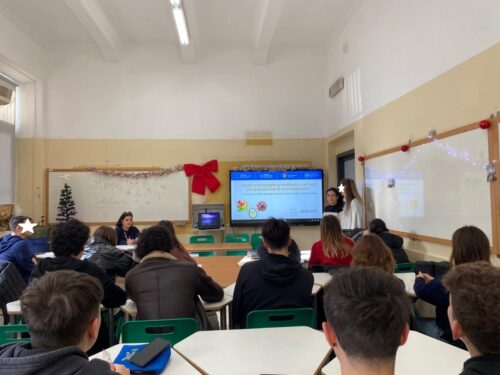
Number of participants: 20
Federica Papa and Francesco Preiti presented the workshop “One behavior at a time”, highlighting the potential role of emotions, motivation and communication in driving more sustainable behaviors, with the objective to offer the possibility of acquiring psychological strategies that can encourage changes in behavioral styles by promoting informed decision-making processes.
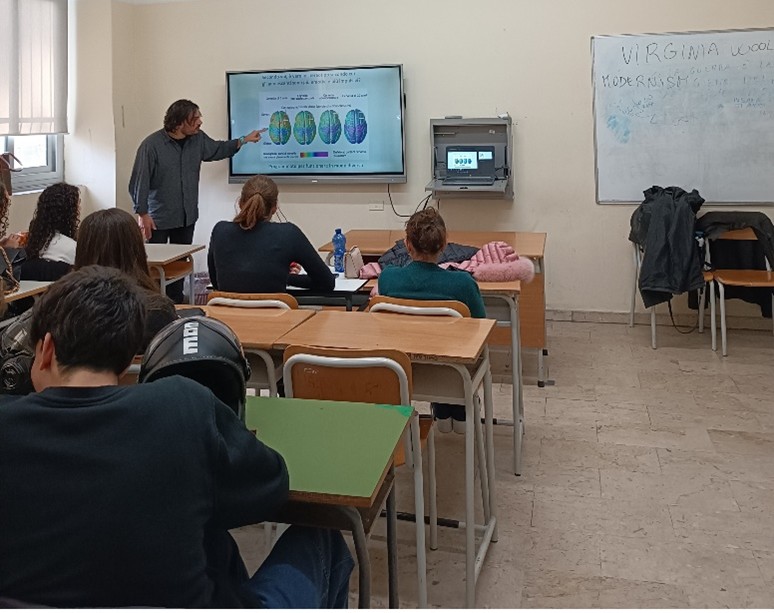
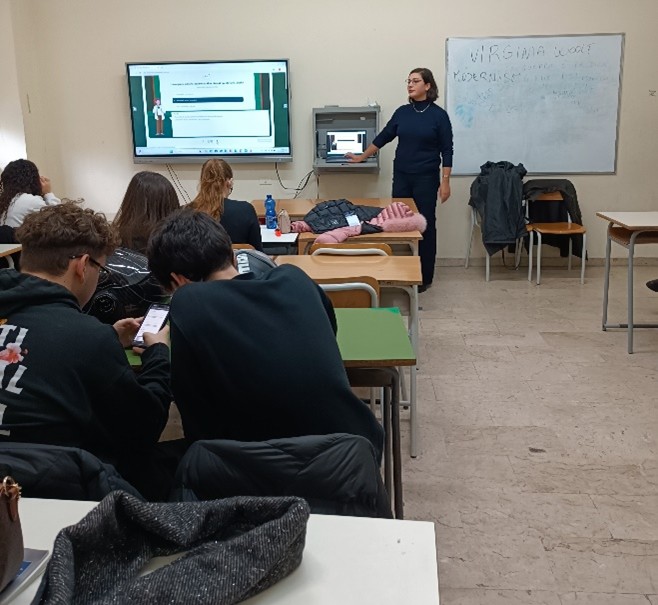
Number of participants: 13
Luisa Ricciardi and Federica Buta presented the workshop “We are because we breathe”, by explaining to students some features of this simple, intuitive concept of daily life because the lungs are vital organs that allow us to oxygenate. We breathe on average 14/16 times a minute, 800 times an hour, 20,000 times a day, every day.
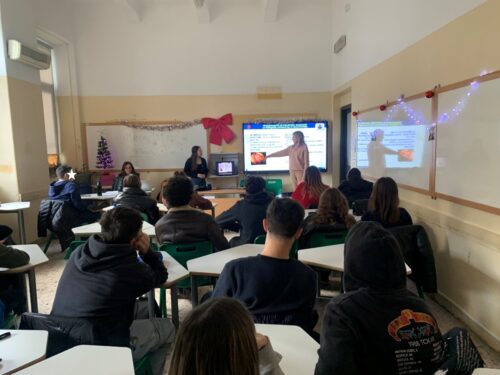
Number of participants: 20
Gabriella Di Rosa illustrated the activity “Notes in the ward…musical workshops in Child Neuropsychiatry to support Care”, showing to the students how music induces positive effects on plasticity and neuronal development from a very early age: already in fetal age it is possible to find variations in spontaneous movements and heart rate in response to musical pieces. Music-based interventions have led to an improvement in the quality and duration of sleep and neural response, inducing the activation of brain areas connected to the development of sociality and emotional regulation.
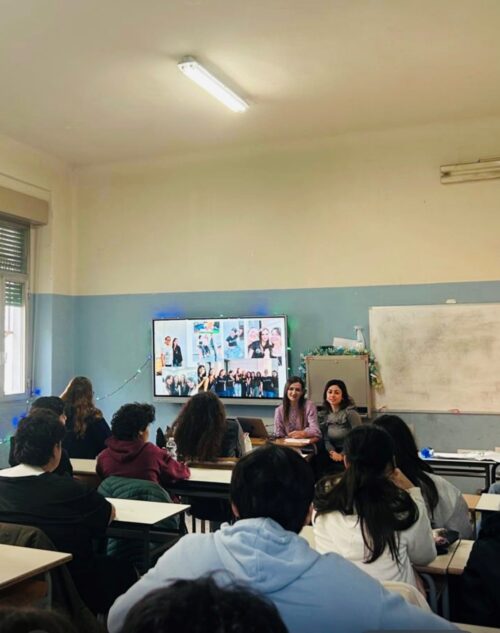
Number of participants: 20
Marianna Oteri spoke about “Enhancement of “sustainable” foods for feeding animals in production”, by describing the use for animal feed of residues from cereal processing, waste from food processing such as citrus fruit peels (citrus fruit pulp), olive pomace, pomace, pistachio and hazelnut peels, etc.
Number of participants: 20
Francesco Longo illustrated the activity “From Zancle E – Drive to Cyberchallenge: autonomous and safe systems at the Engineering Department”. He told the students about an autonomous racing car entirely set up by the students, which also used it to participate in the Cyberchallenge.it, the largest Italian cybersecurity competition, where students compete in exciting cyber battles.
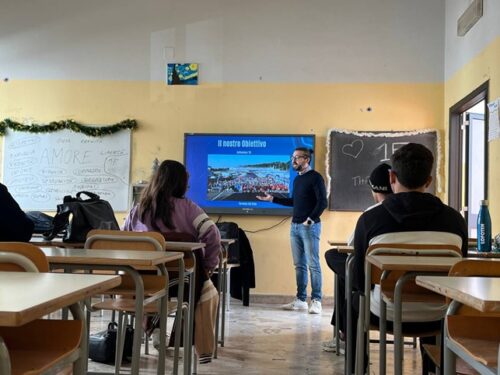
Number of participants: 13
Angelo Giliberti discussed about “The evolutionary history of Vertebrates: a 500 million year long journey between myth and reality”, explaining to the students how the bodies of Vertebrates have changed in this very long period, how they have adapted to different habitats and, if and how, they are related to each other. Furthermore, discovering that real-life animals inspired some mythological animals (Unicorn, Mermaids) was fascinating and stimulating for participants.
Number of participants: 15
Giorgia Pia Lombardo illustrated the topic “From macroscopic to microscopic: extraordinarily similar cells, tissues and organs in mice and humans.” She explained to students that mice and men differ from each other by 1% of their genes (which makes the mouse a model animal for clinical and translational research), so evidencing the importance of model animals in scientific research to promote human well-being and the health of other species.
Number of participants: 12
Aurelio Scavo and Stefania Toscano spoke about “Sustainable herbaceous and horticultural production in the Mediterranean environment with a view to the circular economy.” They described a regenerative and sustainable agriculture technique, which identifies alternative cultivation methods to limit the use of synthetic fertilizers by increasing grain yield, the protein content of fodder legumes and improving the state of health of the soil in the long term
Number of participants: 16
Concetta Parrinello and Susanna Cappuccio introduced the topic “Genetic testing and personalized medicine: the new frontiers of health”. Starting from the transition from curative medicine to personalized medicine, up to predictive medicine, they illustrated how consent and information take on particular importance in planning the therapeutic path. This is a significant change that offers great opportunities in care but raises, at the same time, complex ethical-legal issues, taking into account the possible conflicts with the constitutional principles relating to the inviolable rights of the individual. Number of participants: 10

